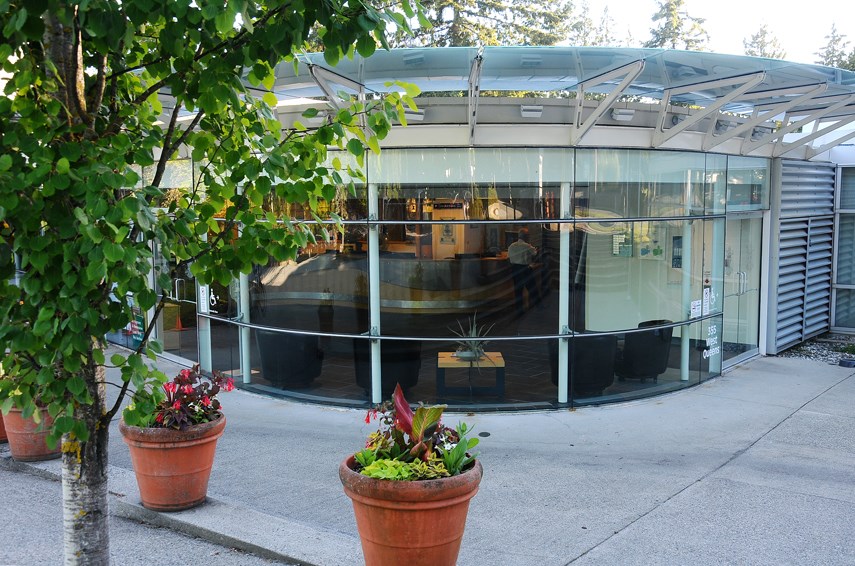With only four meetings remaining between now and the next civic election, District of North Vancouver council members are floating a number of affordable housing initiatives.
Council debated and passed a series of motions from individual council members aimed at creating below-market housing and rental suites on Monday night, the last council meeting of the summer.
Following a split vote on council, voters will have another question added to their Oct. 20 ballot asking whether they “authorize the District of North Vancouver to spend up to $150 million to create not less than 1,000 units of non-market housing to be constructed not later than January 2029?”
The motion came from Coun. Roger Bassam who said he believes the district should take a more active role in creating non-market housing, which has traditionally been a provincial or federal responsibility, but only with a mandate from district residents. Getting the public’s approval for that kind of spending is one of the planks in Bassam’s mayoral platform.
“I really have to emphasize that this is seeking authority from the electorate to spend their money and it’s a significant amount of money that we clearly are not mandated to spend as a municipality,” he said.
The alternative, Bassam argued, that the district becomes an enclave for only the very wealthy, lacks vibrancy.
Not everyone agreed with the ballot question tactic though. Coun. Lisa Muri said referenda take months of planning and communication and it was too late in the game to expect the municipality and the public to become adequately prepared. Mayor Richard Walton, who quarterbacked the failed 2015 TransLink funding plebiscite said he too was no fan of referenda as a means of shaping complex policy. Bassam’s motion passed 4-3 though.
Coun. Jim Hanson is also pushing for some policy changes that could see the district add to its rental stock without engaging in large scale redevelopment – creating more secondary suites in single-family homes.
Hanson has already added a suite to his home. About 75 per cent of new builds include them as well.
“There was some expense involved in the suite, making it suitable but then after, it’s worked very well. Another family shares our home. We are downsizing but we don’t have to leave because they are taking over some of that space,” he said. “From my point of view, it has to be the cheapest way to actually get affordable rental housing in the district.”
Some of the ideas Hanson presented: Expedited permitting, hiring a staffer to assist homeowners with the process, looking into the possibility of grants or forgivable loans, reduced permit fees and easing requirements for additional parking spaces for suites near frequent transit.
Hanson’s motion requesting a staff report on his suggestions passed 6-0.
Also on the rental file, Coun. Mathew Bond has asked staff to begin researching how the district might use the newly created power to zone properties as rental-only.
Bond is looking to see how rules could be applied to properties, regardless of how they are built out now and regardless of whether the official community plan foresees change and growth on them in the future, all with an eye to creating new purpose-built rental or saving existing buildings.
Although there were some concerns expressed about how rental-only zoning might interfere with property rights and land values, Bond’s motion passed unanimously.
Lastly, Bond won support for a motion to begin rezoning several lots of district-owned land within the Maplewood plan area so it matches the use called for in the official community plan.
Much of the land in the area is owned by Darwin Properties, which is proposing, in partnership with the Tsleil-Waututh Nation, to build 900 housing units and 1.4-million square feet of business space. The first vote on that project though has been punted until after the fall election.
Bond’s motion calls on the district to start rezoning in the land taxpayers own for a range of non-market and market rental residential homes, as well as light industrial, artisan, job-generating uses. That would signal to non-profit partners that the district is serious about developing the sites, Bond argued.
Bond’s motion passed with only Hanson opposed, who said the Maplewood plan is simply too much and too fast for district residents already stressed by traffic and growth. Muri wasn't present for the the final vote.



